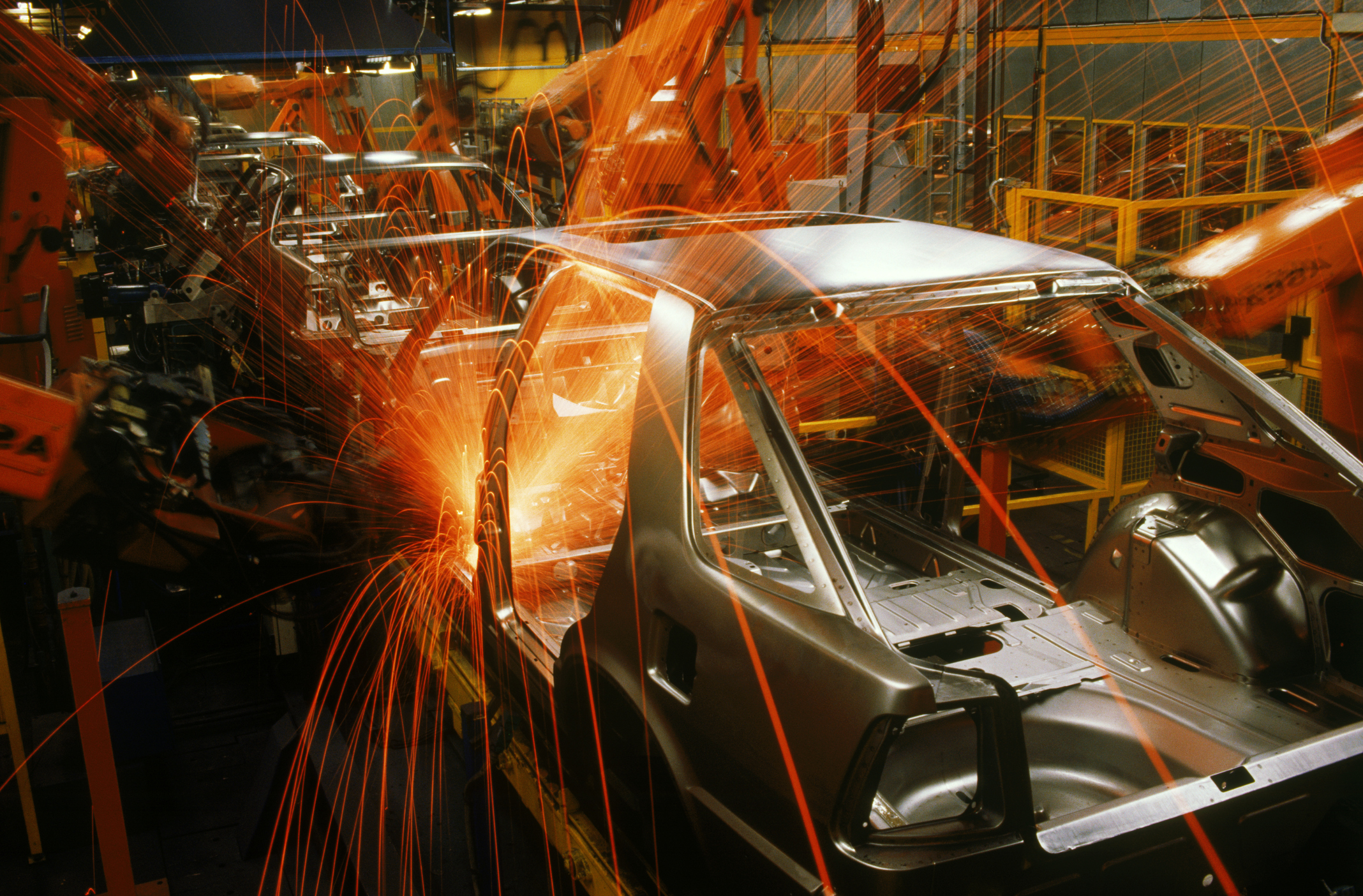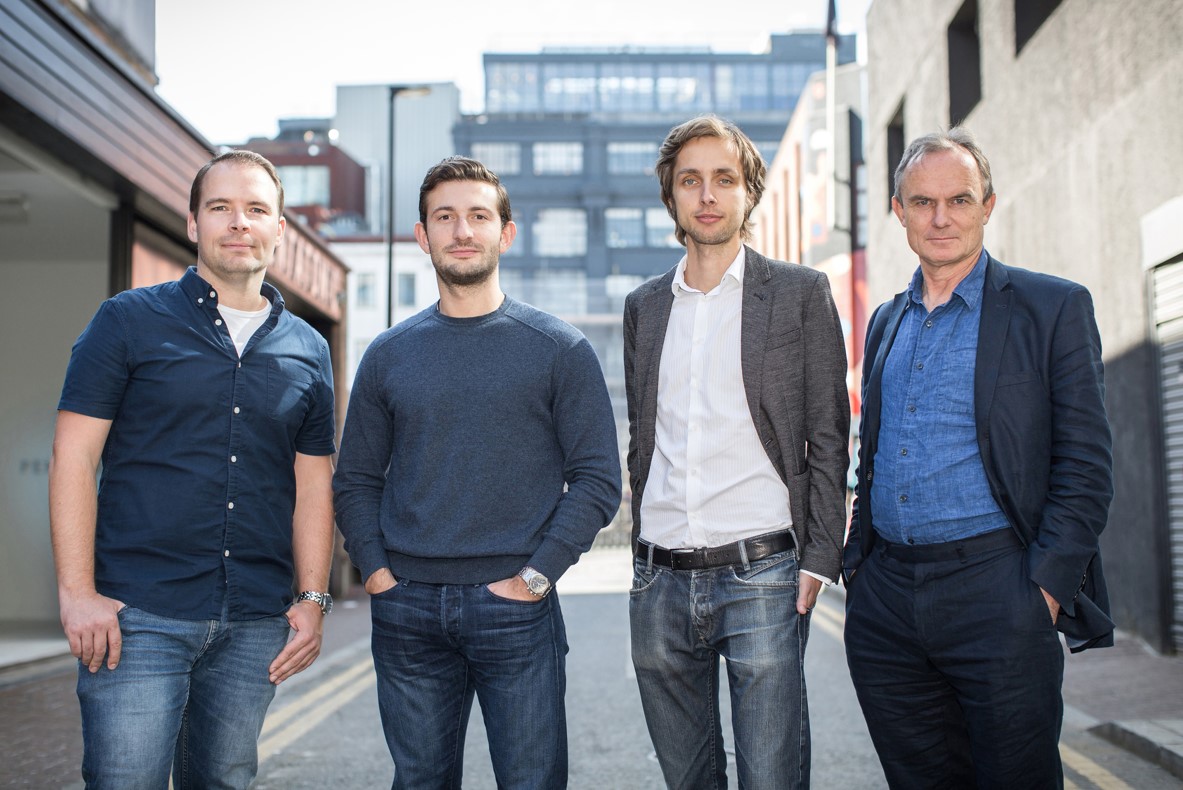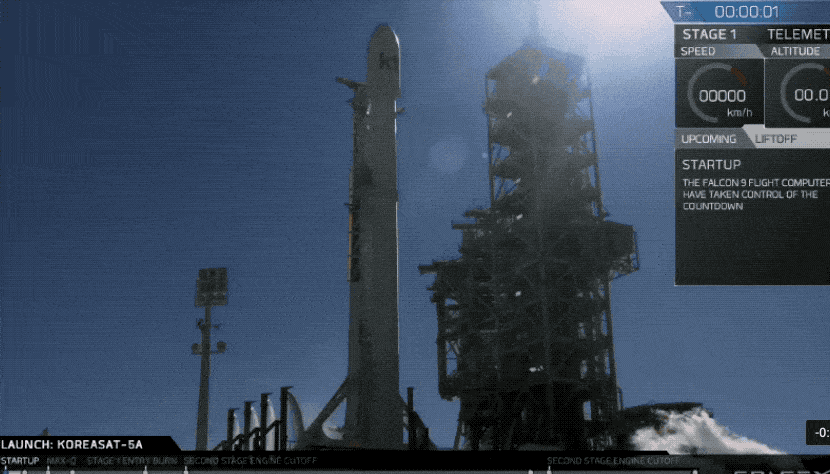Uptake nabs $117M at $2.3B valuation for industrial predictive analytics

A company that is seizing the opportunity to provide predictive analytics to the industrial world — regardless of whether a business has made the (often costly) transition to internet-of-things “smart” systems — is today announcing that it has raised a significant round of growth funding to double down on the opportunity.
Uptake, a SaaS startup that uses machine learning to read and understand how machines are working, and also anticipate when they may break down or need other attention, has closed a Series D round of $117 million at a post-money valuation of $2.3 billion, led by Baillie Gifford, with participation also from existing investors Revolution Growth and GreatPoint Ventures. It brings the total funding to over $250 million.
The company is already cash-flow positive, and works across six continents with dozens of industrial businesses (three that were named to me are Berkshire Hathaway Energy, Catepillar and Panduit). But in the words of the company’s VP of communications, Abigail Hunt, the idea is to “go on the offence” to strike while the iron is hot.
“IoT is today an opportunity that is worth billions of dollars, and it will be in the trillions of dollars in the coming years,” she said in an interview. “This funding is for us to go after big markets like gas and energy.” Indeed, it was only in April that Uptake announced its Series C.
“We’re on a growth trajectory now where there is virtually nothing standing in our way from being the predictive analytics market leader across every heavy industry, from oil & gas to mining and beyond,” said Uptake Co-founder and CEO, Brad Keywell in a statement. “The opportunity is too significant for us to not double down right now.”
Uptake — co-founded by Keywell and Groupon co-founder (and former CEO) Eric Levkofsky — is capitalising on two existing factors in the industrial market. The first is that most industrial companies do have some kind sensors on their equipment today, but most of the time they are completely unused.
“They are cheap and exist, but they are not doing much with the signals that are coming off them,” Hunt said.
The second is that these businesses are losing millions and sometimes billions because of ageing and faulty equipment that they are not able to monitor and service correctly, and they are now trying to get a better grip on this.
While there have been a lot of advances in the development of “smart” machines that can monitor, identify and fix their problems and the problems of other machines, what’s less reported is that there a number of “signals” these these machines already put off that can be picked up and used to do much of the same kind of diagnostics, for a fraction of the cost. These might be, for example, vibrations that indicate that a machine has a leak in it and is struggling to work.
Uptake — coincidentally also the name of a social travel site Groupon acquired in its buying spree several years ago — describes itself as one of the bigger SaaS players that is tapping this opportunity with a plug and play solution. It builds systems that can “read” the data that machines are putting out, and it then passes that data through a larger set of algorithms to provide insights to the company to help maintain its systems better.
It also has a number of patents around its technology.
“Uptake has delivered real results for its global customers, addressing a largely untapped need for industrial giants that gives them competitive edge in ensuring their machines work,” said Gary Robinson of Baillie Gifford in a statement. “We are delighted to be investing in this exciting company on behalf of our clients and we look forward to supporting Mr. Keywell and team as they look to unlock this huge opportunity.”
Featured Image: Chad Ehlers/Getty Images
Published at Thu, 30 Nov 2017 12:07:44 +0000





